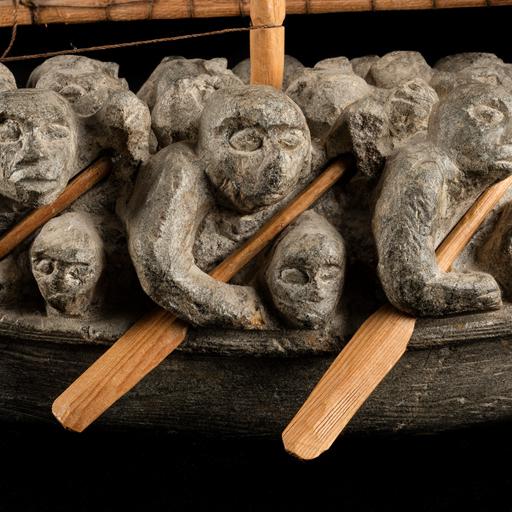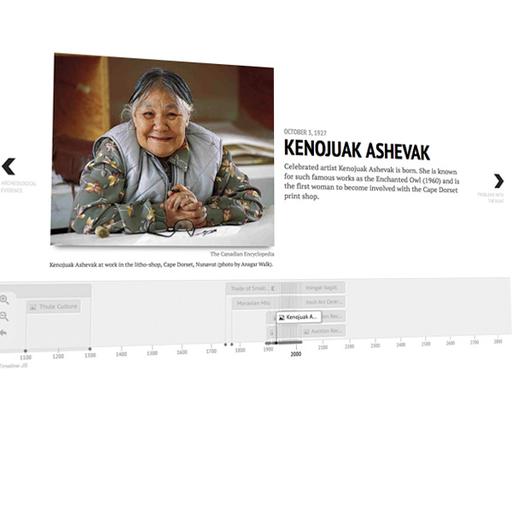Indigenous drama Wildhood is more than a two-spirit love story
CBC News | March 11, 2022
Categories: news
Film about a young man on journey to reconnect with Mi'kmaw identity opens Friday
Jenna Benchetrit · CBC News · Posted: Mar 11, 2022 4:00 AM ET | Last Updated: March 11

Wildhood, a film about a young Mi'kmaw man whose journey to find his mother is intertwined with a sexual awakening, faced years of rejection before making it to the silver screen.
Director Bretten Hannam began writing a version of the script more than a decade ago, consulting with industry players who praised the story, but always had a caveat: Do the characters really have to be two-spirit? Do they really have to be Indigenous?
But with a new wave of filmmakers now exploring a spectrum of Indigenous identities onscreen, Hannam was able to tell the story they envisioned — and turn their 2019 short into a feature.
The film, which opens in Canadian theatres Friday, is part of the limited canon of two-spirit stories just emerging in mainstream Indigenous cinema.
Two-spirit is a pan-Indigenous term used by certain communities to describe a connection between sexuality, gender and spirituality.
The term two-spirit isn't what makes a person's identity, "it's your experience, it's your emotions, it's your spiritual connection to community," said John Sylliboy, a two-spirited Mi'kmaw individual who acted in and served as a consultant on the film.

In Wildhood, the troubled Mi'kmaw misfit Link (Phillip Lewitski) and his half-brother Travis run away from their abusive father. Link has discovered that the mother he'd believed to be dead is in fact still alive somewhere on Mi'kma'ki territory in Nova Scotia, having found a hidden stack of unopened letters addressed to him from her.
Hungry and miserable, the pair meet Pasmay (Joshua Odjick), a two-spirited Mi'kmaw dancer who helps Link reconnect with himself and his Indigenous roots as they embark on a journey to track down Link's long-lost parent.
WATCH | The trailer for Bretten Hannam's Wildhood, now in theatres.
The film, in fact, does not directly mention the term two-spirit — the concept is instead embedded into Wildhood's visual language.
In one memorable scene where the trio are sleeping outdoors in a field, Pasmay awakes at dawn, Link watching him with interest as he performs a ceremonial dance in the morning light. Pasmay then encourages Link to join him, teaching him the dance.
In that instance, the two young Mi'kmaq are brought together by their connection to the land, their spirituality and their attraction to each other.

Cinematography captures connection to the land
"There's a lot of nuanced moments in the film connecting the land to the journey," said Calgary-born actor Phillip Lewitski, who plays Link. "It's a lot of different shots connecting us to the land, and I think there were just a lot of layers to Link's discovery."
While travelling with Travis and Pasmay, Link meets several elders who help lead him to his mother — and who open his eyes up to different expressions of sexuality among his community.
Co-star Joshua Odjick, who plays Pasmay, told CBC News that taking part in the film was "triumphant."
"I was very honoured to be a part of it, very privileged," said Odjick, who is Anishinaabe-Cree from the Kitigan Zibi Anishinabeg First Nation. "I'm excited that I'm part of the journey that paves the way to acceptance in two-spirit communities."

Lewitski, who grew up in a tight-knit family but didn't know about his Mohawk heritage until adolescence, said Link's journey to self-actualization resonated with him.
"Hopefully this film will have that effect on people, where they won't feel so alone in it," he said. "They'll be able to vicariously live through someone else's experience and maybe take away from that, learn from it, and use it in their own life."

Two-spirit stories remain a rarity on the screen.
Kami Chisholm, artist director at the Toronto Queer Film Festival, said the industry still hasn't implemented strong infrastructure to support Indigenous artists, particularly those who are two-spirited.
"My impression thus far of industry efforts in these regards is that they are woefully insufficient and serve to perpetuate continued colonial/settler control over arts institutions and resources," Chisholm, who uses they/them pronouns, told CBC News in an email.
They added that 40 to 50 per cent of the artists supported through Toronto Queer Film Festival exhibitions and workshops are Indigenous.

"Arts organizations, like all settler institutions, need to do much more than allocate a small percentage of their resources to Indigenous artists."
There have been few feature-length film depictions of two-spirit characters on-screen. Another TIFF film, Fire Song, made its premiere in 2016, offering a sorrowful portrait of Anishnaabe youth.
Canadian film institutions have made some efforts to incorporate films with two-spirit themes into their programming.
In 2016 and 2019, the Vancouver Queer Film Festival offered a curated series showcasing films with two-spirit themes. The Academy of Canadian Cinema and Television offers a program of two-spirit films on their website. And the National Film Board of Canada has featured severalshort documentaries featuring two-spirit subjects online.
But in 2019, the Ford government cut funding to the Ontario Arts Council in half, disproportionately impacting Indigenous artists by eliminating the Indigenous Culture Fund. Wildhood, for its part, received funding from Telefilm Canada in 2019.


